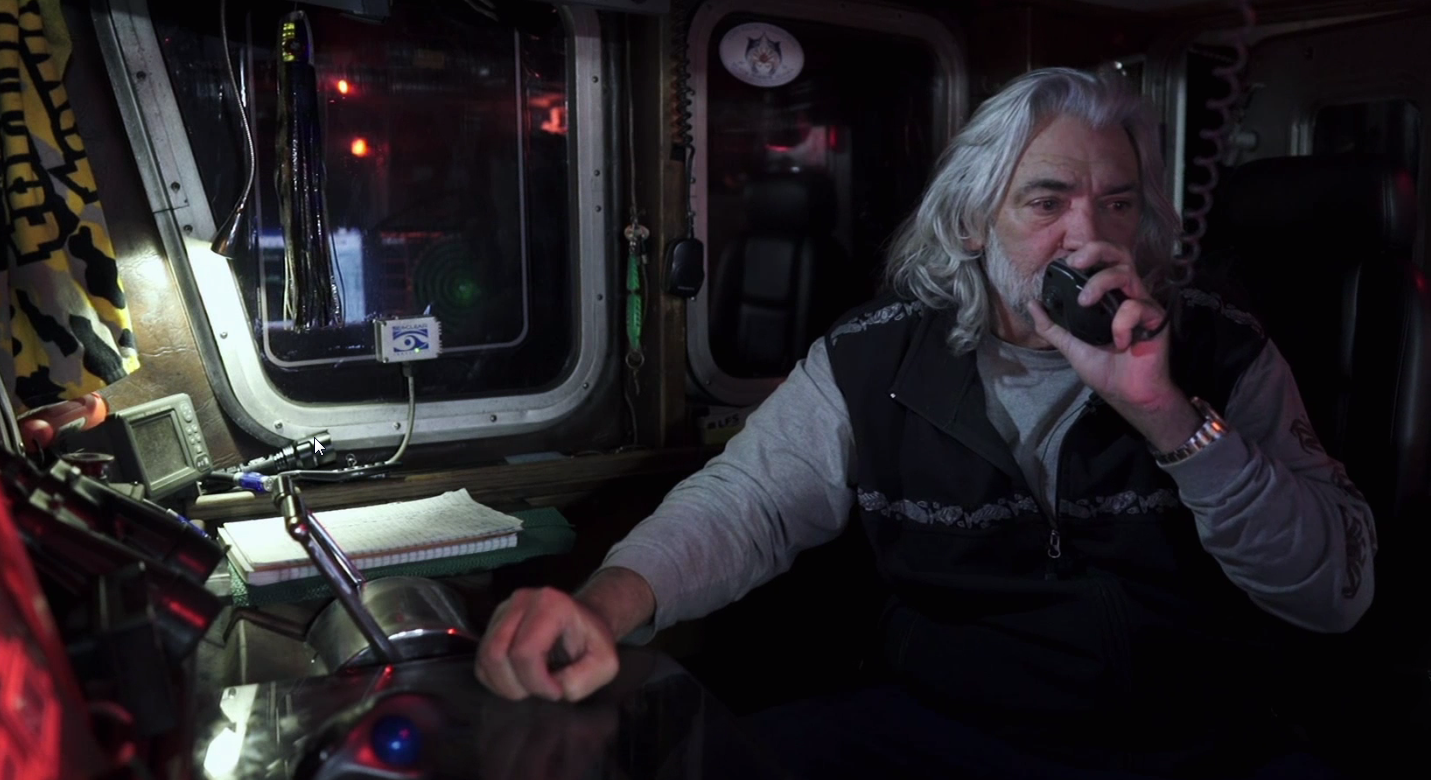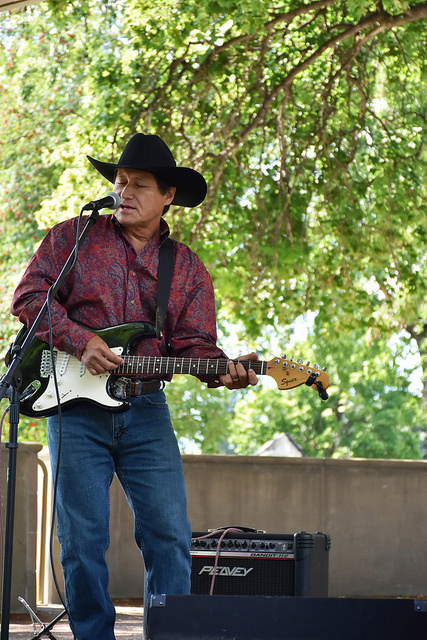EDITORIAL: Council needs to minimize burden on residents
Published 12:00 pm Friday, August 25, 2023
Baker City has a budget dilemma, but the city council’s current solution leans too heavily on city residents. Other options are available that would reduce that burden to a tolerable level.
Trending
Councilors voted 4-2 on Tuesday, Aug. 22 to approve a resolution setting a monthly public safety fee — the money going solely to the police and fire departments — of $15 for residential water/sewer customers and $50 for businesses.
The four councilors who voted for the motion got the sequence backwards. They voted on Aug. 8 to have public hearings about the public safety fee before making a decision. Yet on Tuesday they approved the resolution — with Mayor Beverly Calder and Councilor Jason Spriet opposed — before giving residents a chance to comment.
Councilor Nathan Hodgdon pointed out that the council plans to have three such hearings, and that councilors can change the fee structure after hearing from the public.
Trending
That’s true. But that’s also the very reason councilors didn’t need to approve the resolution Tuesday. Better to listen to the public and then decide, than to decide and then ask people to comment on something they might reasonably assume is the proverbial done deal.
Ultimately, residents will have a chance to express themselves before a new fee is added to their water bills.
But councilors have another, even more vital task — to seriously consider all other revenue sources, with a goal of making the residential side of the public safety fee as small as possible.
That’s the most regressive of the revenue options interim city manager Jon France has presented to councilors. Although $15 per month is for some people a modest increase, for some who are on fixed incomes it is a considerable sum.
Some revenue sources would have little or no effect on city residents. Franchise fees are a good example. These are fees that utilities, such as Oregon Trail Electric Cooperative, Century Link, Baker Sanitary, Charter Communications and Cascade Natural Gas pay to the city for using public rights-of-way for their wires and pipes. Those fees bring in about $725,000 annually for the city’s general fund.
The city hasn’t increased its franchise fees for many years. France projects that boosting the fee from 5% of the utilities local sales to 7.5% would generate $322,000 next fiscal year. And that doesn’t include all the utilities, as some have contracts that aren’t up for renegotiation.
Although utilities can pass on franchise fees to their customers, the amounts involved in the proposed increase in Baker City are almost certainly too small to change local residents’ bills.
Councilors have repeatedly discussed asking city voters to approve a local tax on gasoline (but not diesel, since commercial trucks are an important clientele for some stations). A 5-cents-per-gallon tax would generate an estimated $400,000 to $500,000 for street maintenance. Although the street fund is not part of the general fund, that influx of revenue would be important because the council, to balance this year’s budget, transferred $490,000 from the street fund to the general fund. That can’t continue, since the condition of the city’s streets, per the public works department’s annual survey, have been deteriorating for more than a decade.
A gasoline tax would apply to local residents. But unlike the public safety fee, a gas tax would also bring in revenue from visitors and allow the city to trim the proposed $15 per month public safety fee.
Another option is to charge a $500 annual fee, plus an occupancy charge, for short-term rental homes. France projects that could generate $156,000 per year.
Even with those new revenue sources, the city still would fall short of maintaining the current budgets for police and fire for the fiscal year that starts July 1, 2024. And there wouldn’t be money to hire two additional firefighters (including a captain who would oversee training) and buy turnouts and other equipment, and hire two new police officers. Those additions would cost the city about $642,000.
The public safety fee — and in particular what residential customers would pay — should be the lowest priority, used to make up the difference after the city has tapped all the other sources that don’t take money directly from residents.
Councilors also should consider either reducing the fee for households with incomes below the federal poverty level, or exempting those households from the fee altogether.
Councilors almost certainly will hear from residents, during the yet-to-be-scheduled public hearings, about how a public safety fee could affect their households.
And councilors have an obligation to do all they can to keep that burden as low as possible and still maintain the vital police and fire coverage that their constituents depend on.









